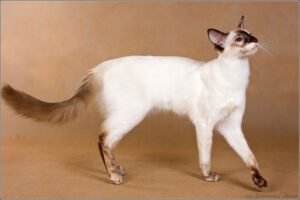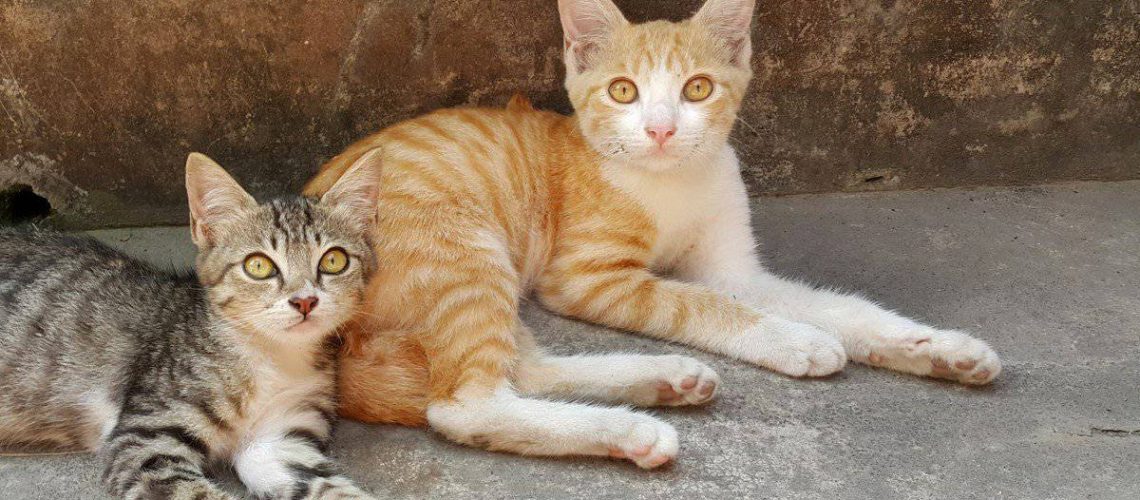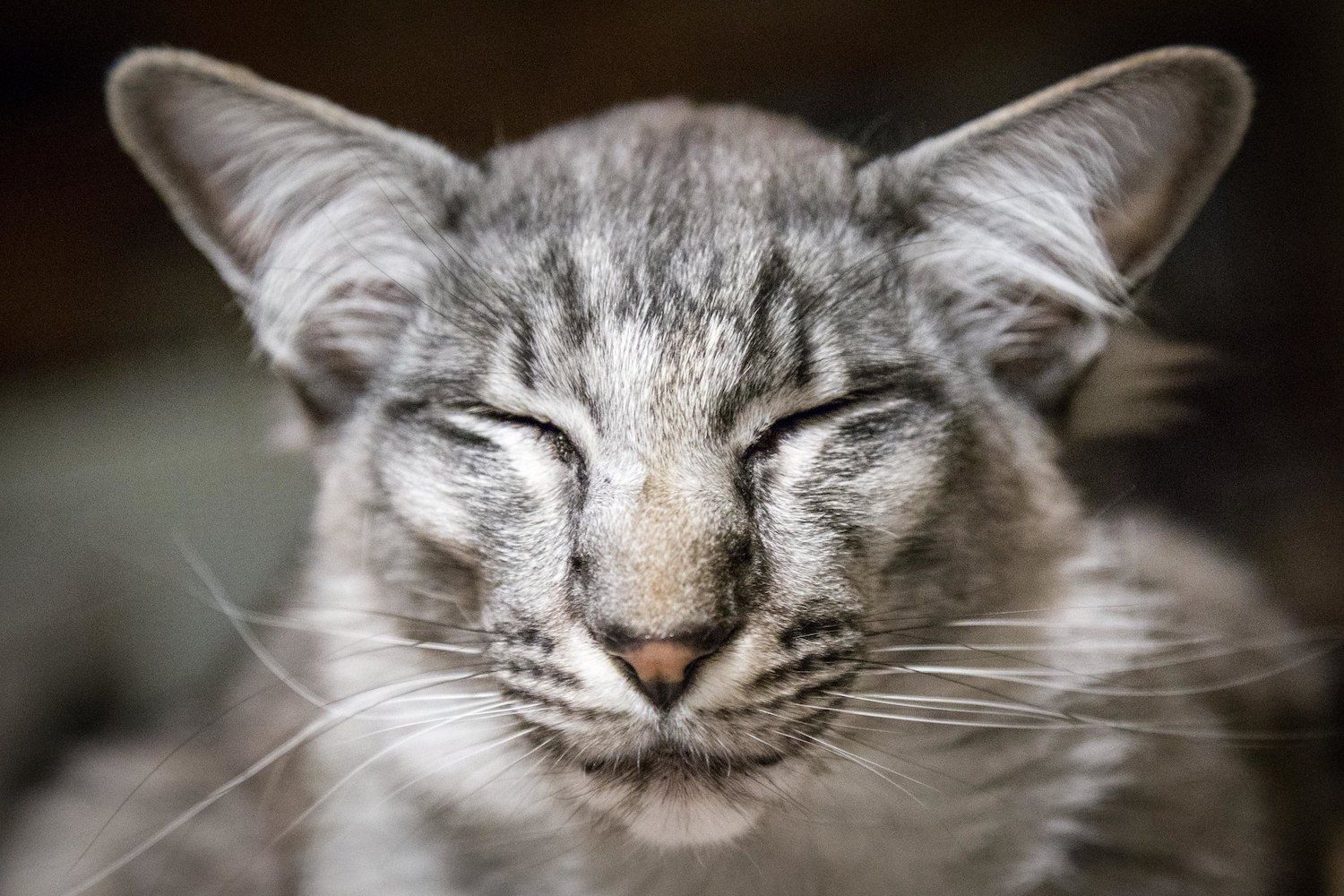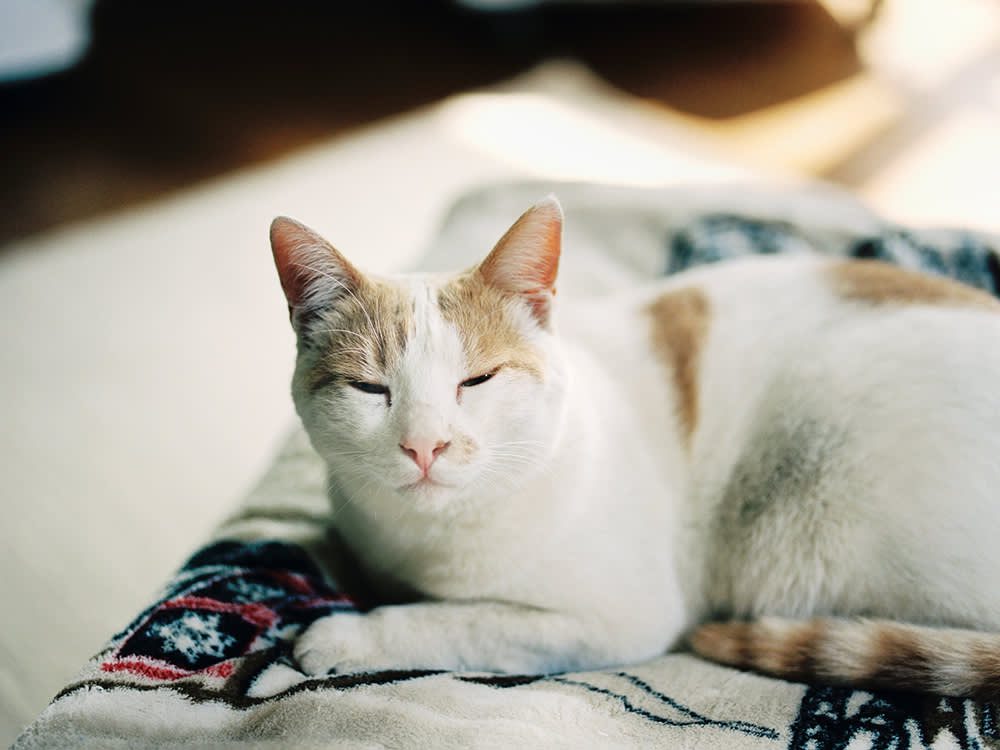Are you a cat lover? If so, you're in for a treat! Today, we're going to dive into the fascinating world of Javanese cats. These beautiful Colorpoint Longhair breeds are not only stunning to look at but also possess unique characteristics that make them stand out from other feline companions. By understanding more about these captivating creatures, you'll gain valuable insights into their care and be able to provide them with the love and attention they deserve. So get ready to embark on an exciting journey as we uncover the secrets of the Javanese cat breed - it's time to unleash your inner feline enthusiast!
Key Takeaways:
- The Javanese cat is a Colorpoint Longhair breed known for its striking coat colors and patterns.
- They have a playful and affectionate personality, making them great companions for families.
- Javanese cats require regular grooming to maintain their luxurious coat, including brushing and occasional bathing.
- They are intelligent cats that enjoy interactive toys and puzzles to keep them mentally stimulated.
- Providing a balanced diet, regular vet check-ups, and plenty of exercise are essential for the overall health and well-being of Javanese cats.
1. What is the Javanese cat and what makes it special?
The Javanese cat is a unique breed that stands out for its striking appearance and affectionate nature.
The Javanese cat is often described as a long-haired Siamese cat because of its similar body shape and color points. However, what sets the Javanese cat apart is its luxurious coat that comes in a variety of colors and patterns. This breed has a medium-sized body with strong muscles, giving it an elegant and graceful appearance.
One of the most special traits of the Javanese cat is its personality. These cats are known for being extremely social and friendly. They love to be around people and enjoy being part of the family activities. The Javanese cat craves attention and will often follow their owners around the house, wanting to be involved in everything they do. Their playful nature also makes them great companions for children.
2. How is the Javanese cat's fur different from other cats?
The Javanese cat has a long, silky coat that requires regular grooming to keep it looking its best.
The fur of a Javanese cat is soft, fine, and non-matting. Unlike many other long-haired breeds, their fur lacks an undercoat, which means they shed less hair compared to other cats. This makes them a good choice for individuals who may have allergies or simply prefer a cleaner living environment.
Because of their long fur, Javanese cats require regular grooming to prevent tangles and mats from forming. Brushing their coat at least once or twice a week helps remove loose hair and keeps their fur looking sleek and shiny. It's important to pay extra attention to areas like the armpits, belly, and tail, which are more prone to matting.
3. What colors and patterns can you find in Javanese cats?
Javanese cats come in a wide range of colors and patterns, offering something for every cat lover's taste.
The Javanese cat breed is known for its beautiful color points, which are the darker shades on their ears, face, paws, and tail. These color points can come in various shades such as seal, blue, chocolate, lilac, red, cream, and tortie. The body color of a Javanese cat can be solid or have subtle shading.
In addition to the different color points, Javanese cats also come in various patterns. Some common patterns include lynx (tabby markings), tortoiseshell (blotches of black and orange), and tortie point (a combination of tortoiseshell and color points). Each Javanese cat has its own unique combination of colors and patterns that make them truly one-of-a-kind.

4. How should you take care of a Javanese cat's long fur?
Taking care of a Javanese cat's long fur requires regular grooming and attention to keep it healthy and beautiful.
To keep your Javanese cat's fur looking its best, it's important to establish a grooming routine from an early age. This includes brushing their coat at least once or twice a week using a soft-bristle brush or comb specifically designed for long-haired cats. Regular brushing helps prevent tangles and mats from forming while removing loose hair.
In addition to regular brushing, it's essential to provide your Javanese cat with proper nutrition to maintain healthy skin and coat. A balanced diet rich in high-quality protein helps promote good coat condition. It's also a good idea to consult with your veterinarian about any specific dietary needs or supplements that may benefit your cat's fur health.
5. Are Javanese cats friendly and sociable pets?
Javanese cats are known for their friendly and sociable nature, making them wonderful companions for individuals and families alike.
If you're looking for a cat that loves human interaction, the Javanese cat is an excellent choice. They thrive on attention and enjoy being involved in their owner's activities. Javanese cats are often described as "velcro" cats because they like to stick close to their humans, following them around the house and even cuddling up in bed at night.
Their playful nature also makes them great companions for children. Javanese cats love interactive playtime and are generally patient with kids. However, it's always important to supervise interactions between young children and pets to ensure everyone stays safe and happy.
6. What kind of food is best for a healthy Javanese cat?
A balanced diet consisting of high-quality cat food is essential for maintaining the health and well-being of a Javanese cat.
Javanese cats have similar nutritional needs as other domestic cat breeds. It's important to provide them with a diet that is rich in high-quality protein from sources like chicken, turkey, or fish. Look for cat food brands that list meat as the first ingredient and avoid those with excessive fillers or artificial additives.
It's also crucial to provide fresh water at all times to keep your Javanese cat hydrated. Some owners choose to feed their cats wet food in addition to dry kibble, as wet food can help increase water intake while providing additional nutrients. However, it's always a good idea to consult with your veterinarian to determine the best diet plan for your specific cat's needs.
7. Tips to keep your Javanese cat entertained and happy.
Keeping a Javanese cat entertained is essential to prevent boredom and ensure their overall well-being. Here are some tips to help you keep your Javanese cat happy and stimulated:
- Provide plenty of interactive toys: Javanese cats love toys that allow them to chase, pounce, and bat around. Interactive toys like feather wands or puzzle toys can provide mental stimulation and exercise.
- Create vertical spaces: Javanese cats enjoy climbing and perching on high surfaces. Install cat trees or shelves that allow them to explore different heights in your home.
- Set up scratching posts: Scratching is a natural behavior for cats, so providing appropriate scratching posts or boards will help satisfy their need to scratch while protecting your furniture.
- Rotate toys: Keep your Javanese cat engaged by rotating their toys every few weeks. This helps prevent boredom from playing with the same toys over an extended period.
- Spend quality time together: Javanese cats thrive on human interaction. Take time each day to play, cuddle, or groom your cat to strengthen the bond between you both.
In conclusion, the Javanese cat is a beautiful and unique breed with its Colorpoint Longhair coat. Taking care of this cat requires regular grooming, a balanced diet, and plenty of love and attention. If you're looking for a friendly and affectionate companion, the Javanese cat might be the perfect choice for you!
Can Javanese cats be left alone?
Javanese cats need a lot of love and attention. While they can handle being alone during the day, they require personal time with their owners every day.
Are colorpoint cats rare?
Selective breeding of domestic cats has resulted in the development of felines with "colorpoint" patterns, where the body of the cat is lighter in color while the ears, paws, and nose have darker coloring. While not extremely uncommon, this coloring is still considered rare among cats.
Are Javanese cats cuddly?
Javanese cats are known for being people-oriented and affectionate. They enjoy being part of their family's daily activities and love to play and snuggle with their owners.
What are the health issues with Javanese cats?
Some typical health problems for Javanese cats may include deafness, asthma, arthritis, hip dysplasia, and crossed eyes. However, it is not certain that every Javanese cat will experience these conditions.
What is the longest I can leave my cat alone?
What is the maximum amount of time that cats can be safely left alone? In general, most adult cats can be left alone at home for up to 24 hours, as long as certain conditions are met (more information on this will be provided below).
What is the lifespan of a colorpoint cat?
On average, Colorpoint cats have a life expectancy of 8-12 years, although there have been instances of some living up to 17 years. It is important to note that each cat is individual and may live outside of this range.

















